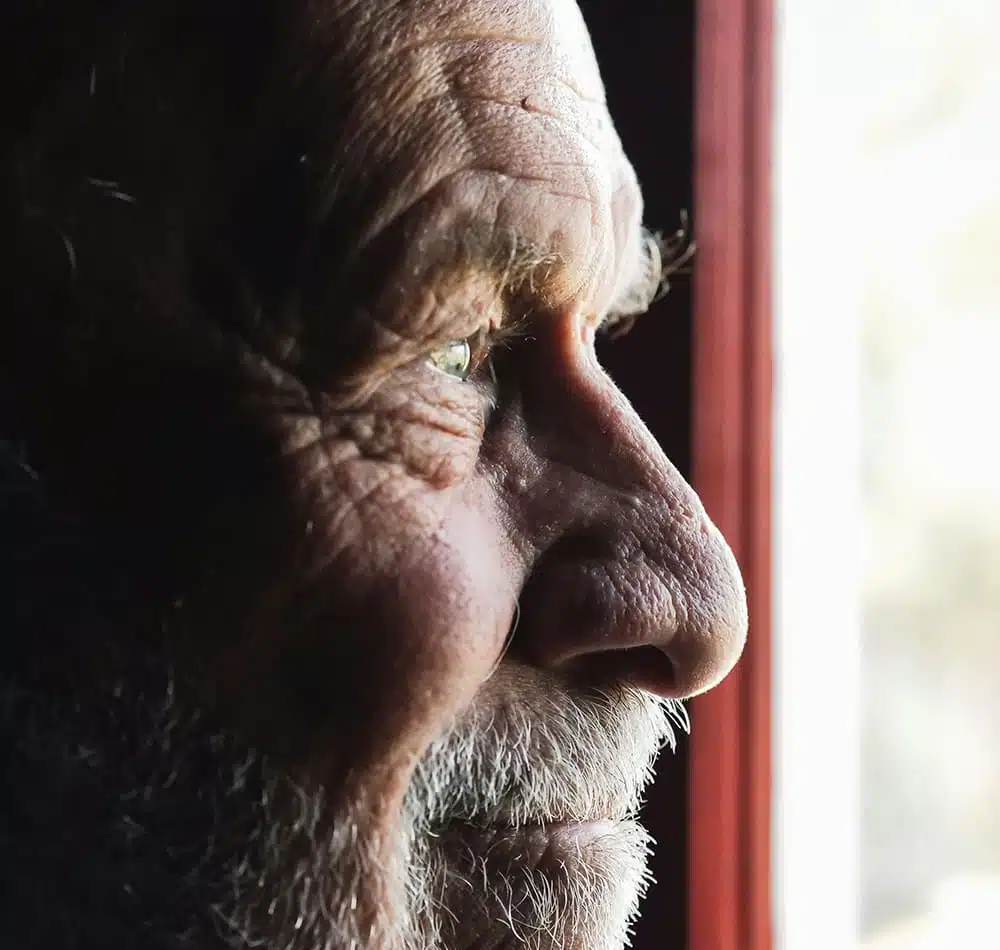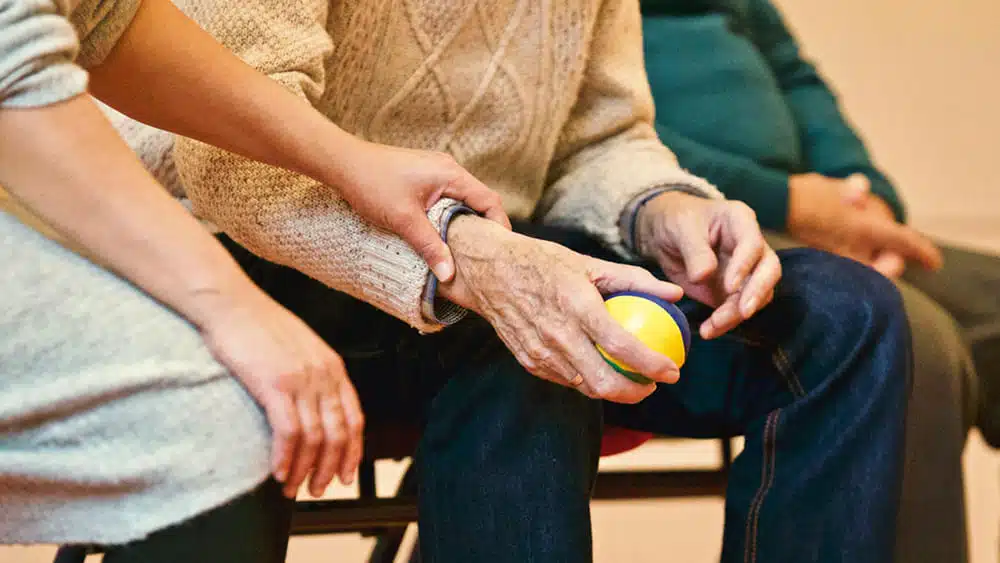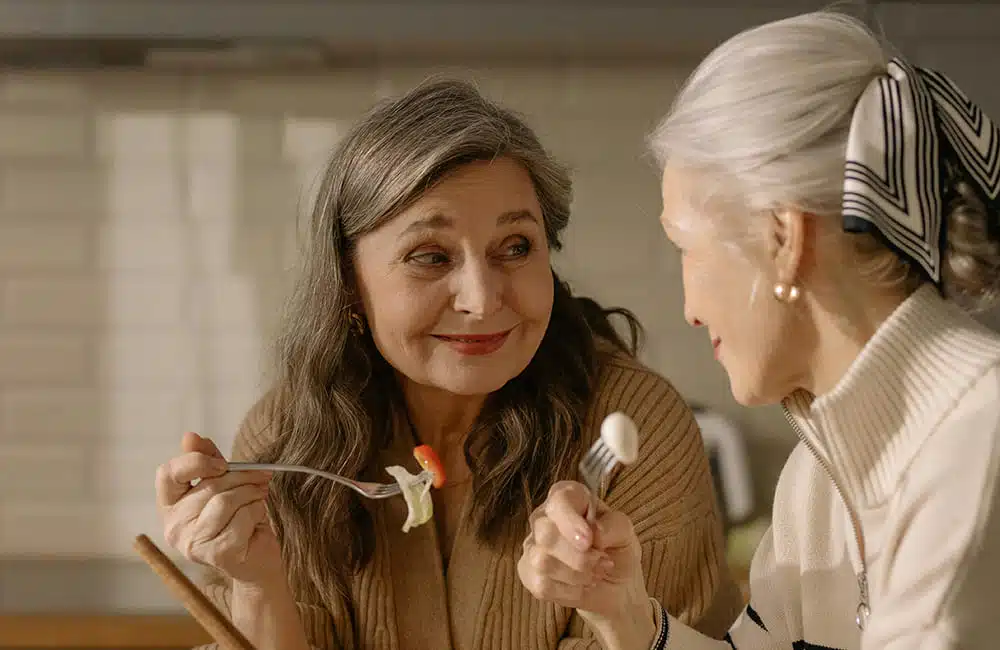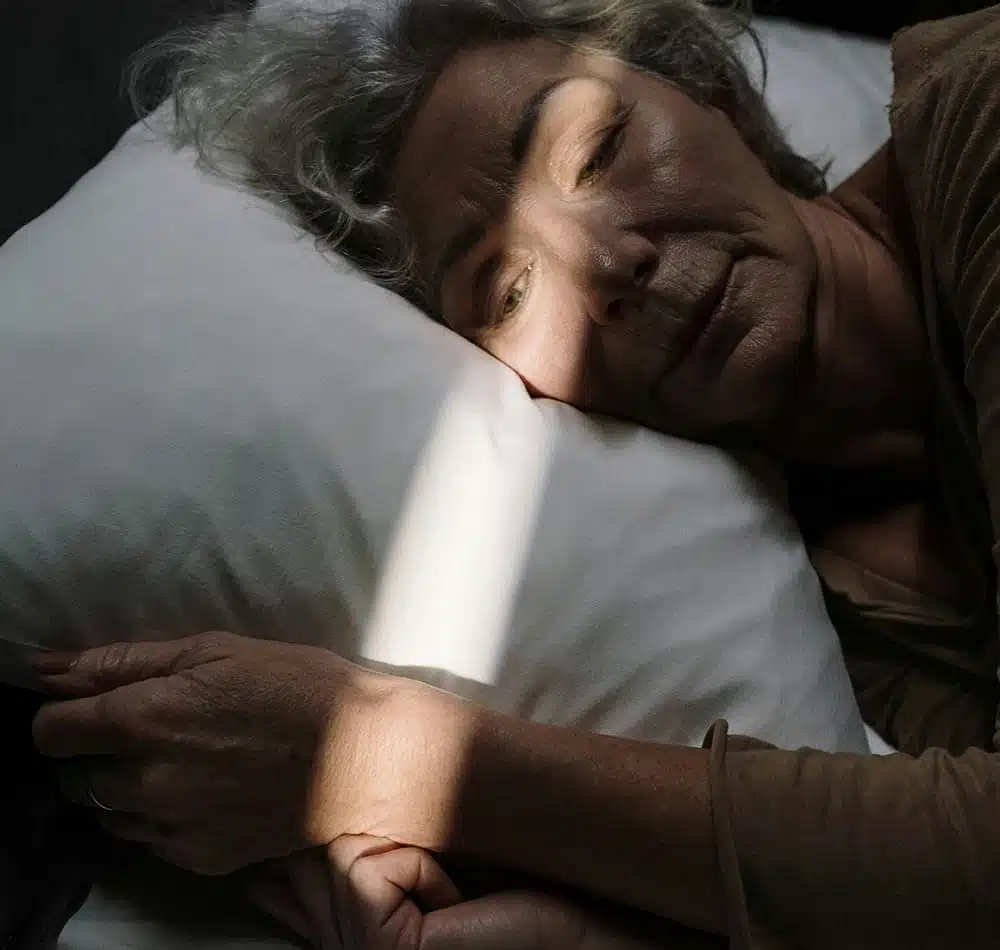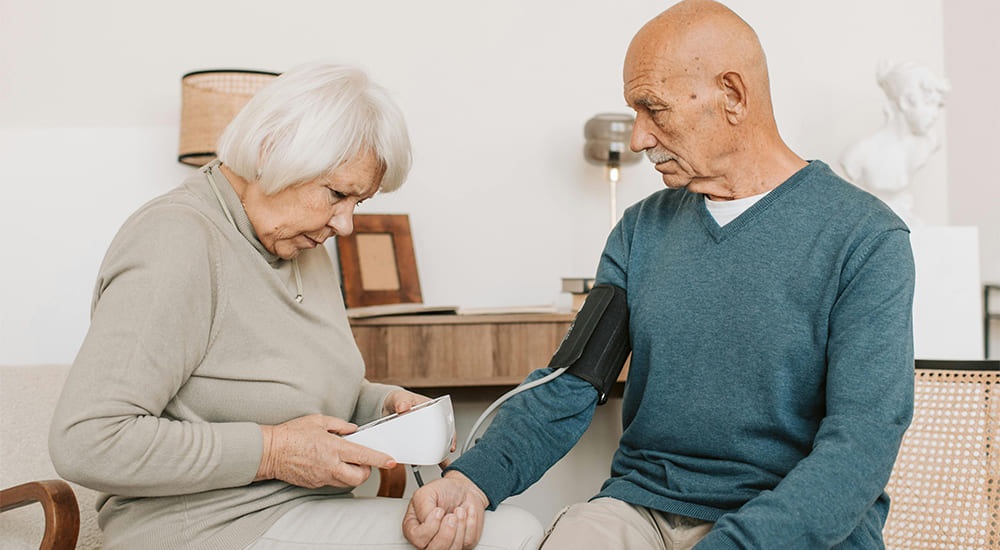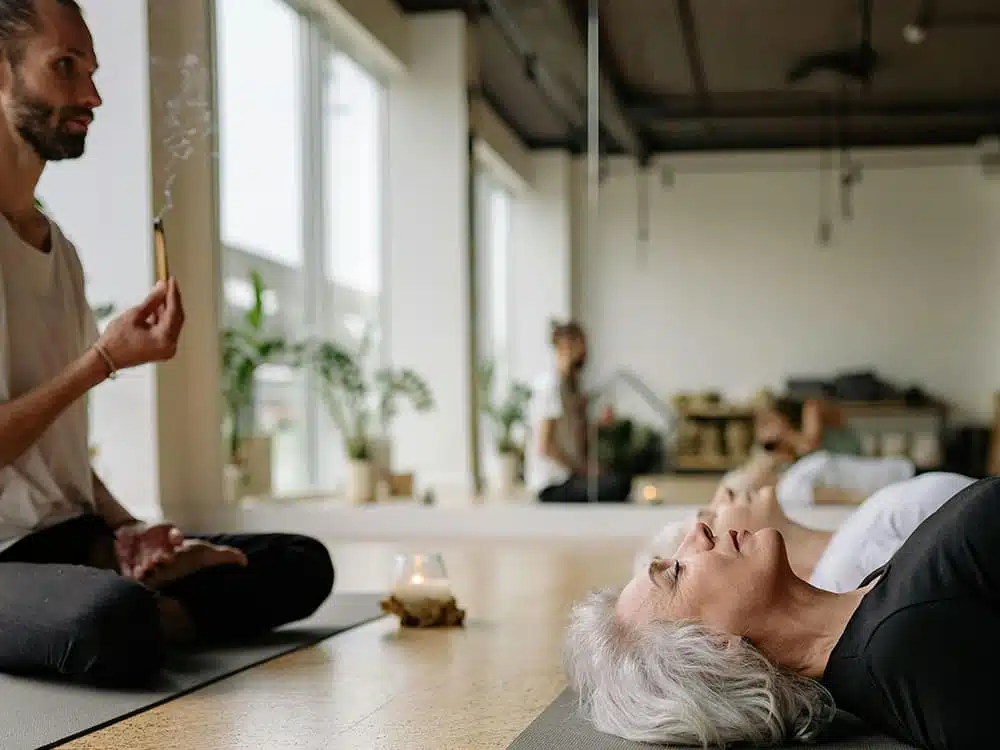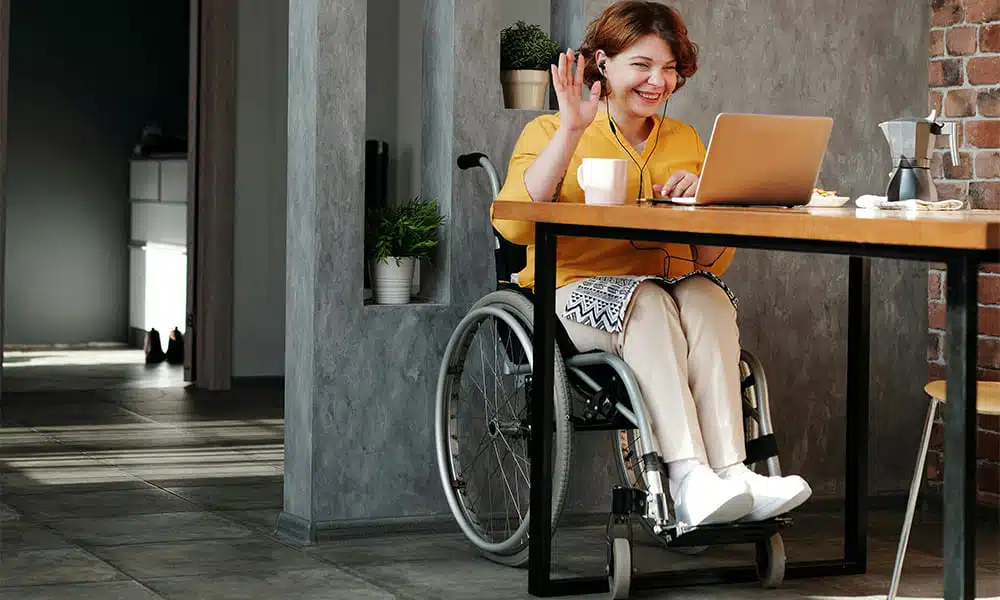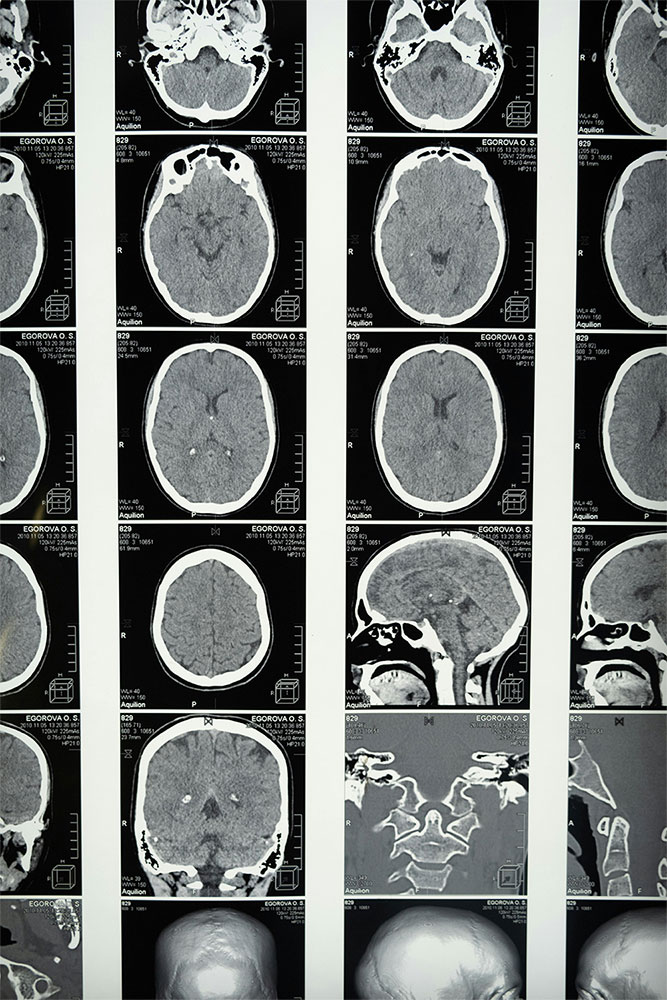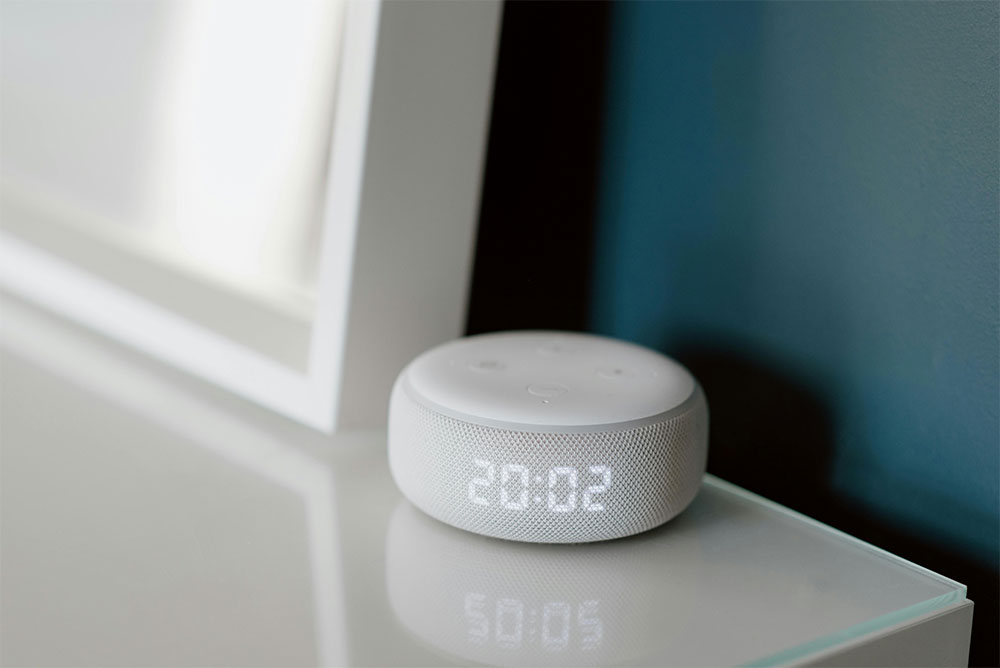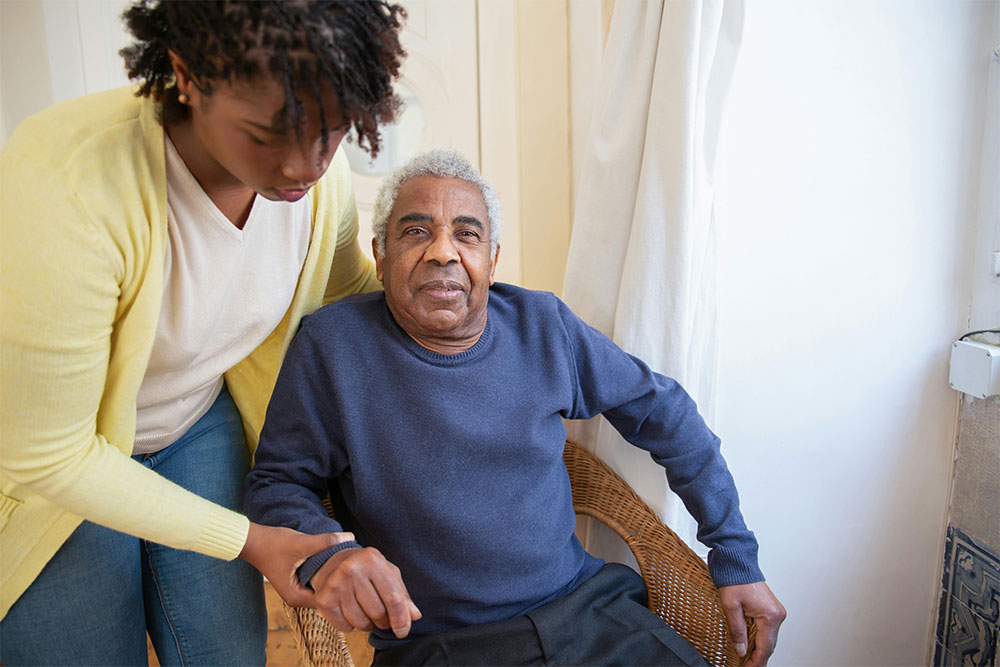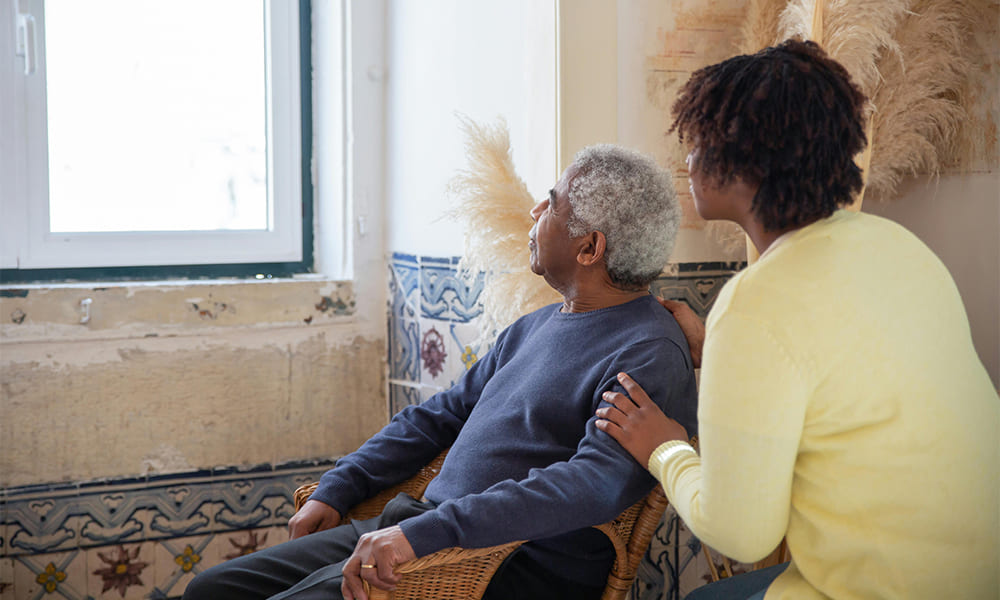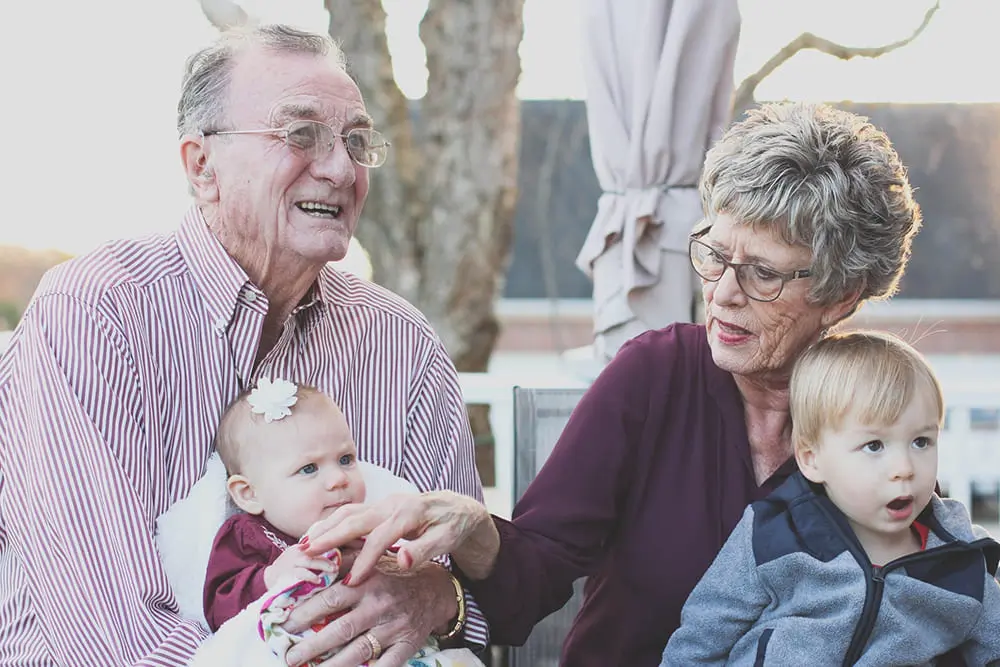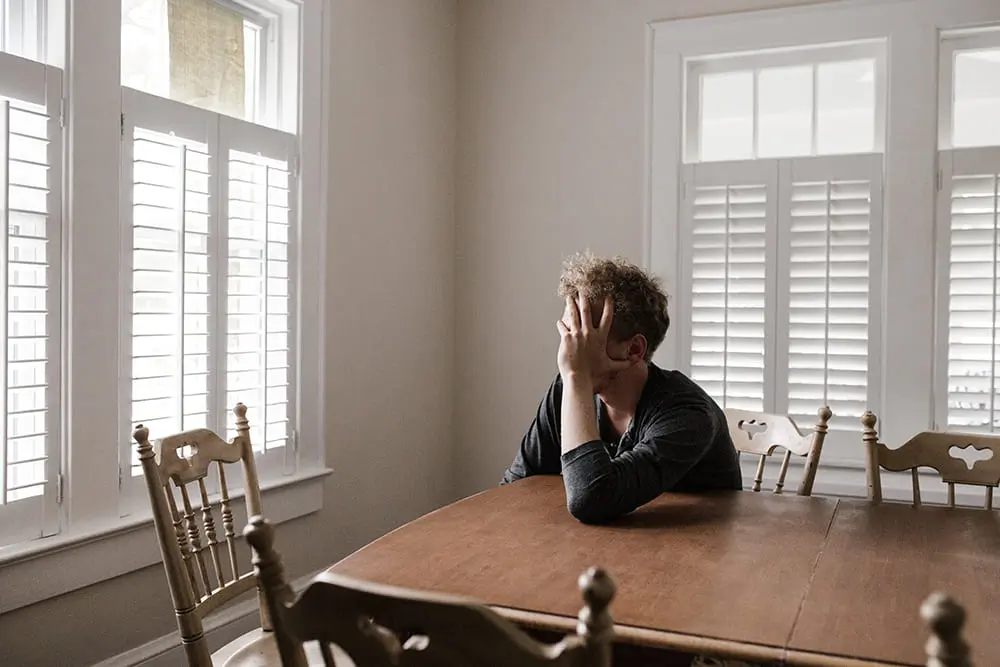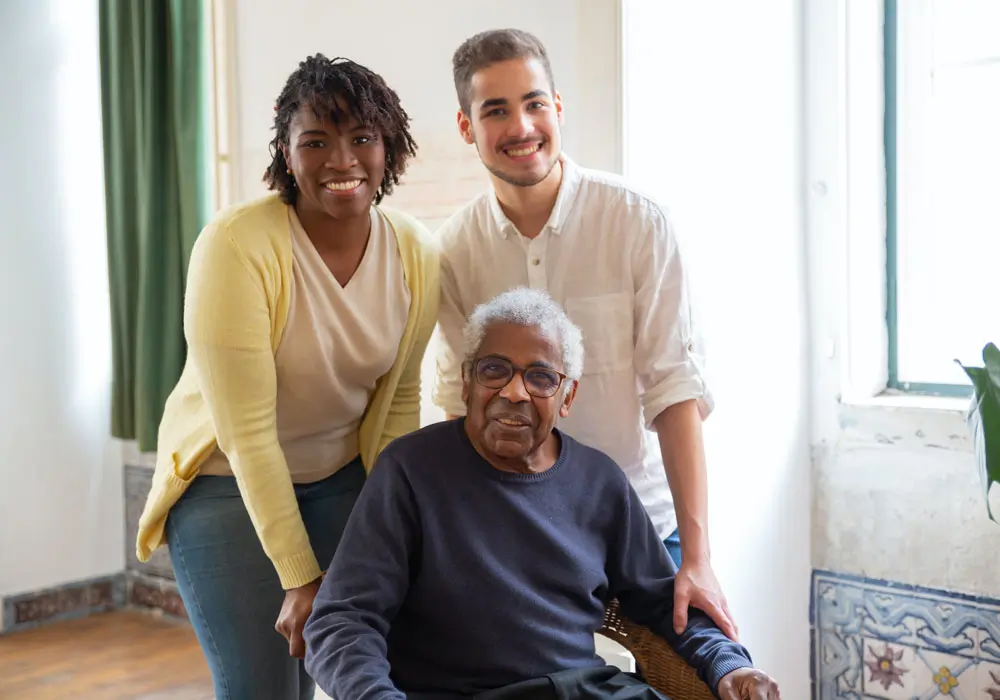
Christopher Ravn
Key Takeaways
1.Music therapy for dementia is a method that utilizes music to ignite or support a dementia patient's physical, emotional well-being, cognitive, and even social needs.
2. It is difficult to ascertain whether music therapy can help all dementia patients because each patient is different and will experience varying levels of benefits and support.
3. Music has a profound impact on everyone. It aids memory and enhances several neurological processes and cognitive functions in the brain.
4. When considering the types of active music that best suit people with dementia, we need to consider their preferences, goals, and needs.
Table of Contents
1. What Is Music Therapy for Dementia?
2. How Does Dementia Music Therapy Work?
3. Can Music Therapy Help All Dementia Patients?
4. What Is Active Music Therapy in Dementia Treatment?
5. How Does Music Therapy Stimulate Our Brains and Memory?
6. What Type of Music Helps Memory Loss?
7. What Kind of Music Stimulates the Brain?
8. What Type of Active Music Is Best for People With Dementia?
9. What Is Personalized Music Therapy for Dementia?
10. How to Use Music Therapy at Home for a Parent With Dementia?
11. Is Music Therapy for Dementia Used in Care Homes?
12. Can Music Therapy Help Late-Stage Dementia Patients?
13. How Does Musical Therapy for Dementia Improves Quality of Life?
14. Frequently Asked Questions About Music Therapy for Dementia
What Is Music Therapy for Dementia?
Music therapy for dementia is a method that utilizes music to ignite or support a dementia patient’s physical, emotional well-being, cognitive, and even social needs. When we examine music therapy, it involves a trained individual engaging in non-verbal communication, enhancing social expression, and thereby promoting social interaction in a therapy session. Essentially, a trained therapist facilitates music therapy. This approach helps stimulate cognitive function, enhance a patient’s memory, promote social interaction, and improve their physical well-being. By engaging in music therapy, a person suffering from dementia can express their creativity and cultivate better connections, thus promoting a better quality of life.
How Does Dementia Music Therapy Work?
Dementia music therapy, as its name suggests, uses music to ignite the mood of dementia patients and help address their needs. Music therapy is impactful for dementia because it improves cognitive function by enhancing memory recall. It also regulates emotions, even for those in the late stages of dementia, by providing comfort. In terms of social engagement, it assists in fostering communication while enhancing social skills, promoting physical well-being by encouraging participation in dancing or any form of rhythmic exercise. Overall, dementia music therapy helps enhance the quality of life by boosting creativity and self-expression.
However, before a dementia patient undergoes a music therapy session, they are assessed based on their musical preferences and cognitive abilities. Once this assessment is complete, a variety of activities are introduced, which could include singing, listening to their favorite music, or even playing a musical instrument. At intervals, the therapist evaluates their progress and makes adjustments as necessary to enhance the session. Music therapy is a holistic approach to addressing the cognitive, emotional, and social needs of dementia patients.
Can Music Therapy Help All Dementia Patients?
- Cognitive stimulation: For those suffering from Alzheimer’s disease, music therapy supports memory recall and can evoke positive emotions, igniting cognitive function. You could even pair this therapy with Alzheimer’s light. For patients with various types of dementia, it can promote blood flow to the brain, enhance concentration, and help reduce cognitive fluctuations and anxiety.
- Emotional and social benefits: Music therapy can benefit patients at any phase of their dementia. It helps them feel a sense of wholeness, fosters bonding sessions with their loved ones, and aids in regulating mood.
What Is Active Music Therapy in Dementia Treatment?
Active music therapy requires active involvement in music therapy under the guidance of a therapist. This involves singing, playing musical instruments, and even light dancing for those suffering from dementia. This form of therapy helps promote cognitive function, emotional support, as well as enhance social and physical well-being.
Due to its benefits, it has been implemented in dementia care. These benefits range from cognitive stimulation aiding memory and recall, emotional expression in a non-verbal manner, promoting social interaction and relationship building, to improving physical movement aiding coordination and motor skills.
When examining the goals and objectives of active music therapy, it’s important to understand that it was designed to improve attention through active involvement, promote emotional expression and reduce anxiety, assist in socialization and communication, as well as promote coordination and balance.
Various techniques and tools are used for dementia patients. These can range from group singing activities, playing musical instruments such as drums, rhythmic exercises like body percussion, to writing songs to allow them to express themselves creatively.
How Does Music Therapy Stimulate Our Brains and Memory?
Music has a profound impact on everyone. It aids memory and enhances several neurological processes and cognitive functions in the brain. Music therapy helps with this neurological impact by activating parts of the brain, such as the auditory cortex. It also triggers memories, provides an avenue to process emotions, improves communication, strengthens motor coordination by playing musical instruments, and promotes neuroplasticity, supporting overall cognitive function.
What Type of Music Helps Memory Loss?
Types of music that help with memory loss are those that resonate emotionally with a person. Hence, individuals experiencing memory loss have shown positive responses when exposed to music from their past. By examining the relationship between music and memory retention in dementia patients, we discover that familiarity binds them. This helps a person return to the past and remember moments of greatness, thus aiding memory retention. Music also facilitates emotional resonance, triggering charged emotions. Additionally, it helps rekindle certain emotions or moments in time, provides structure to memories or experiences, and stimulates neural pathways aiding memory retrieval. Therefore, music is known to be effective in enhancing cognitive function and overall quality of life for those suffering from dementia.
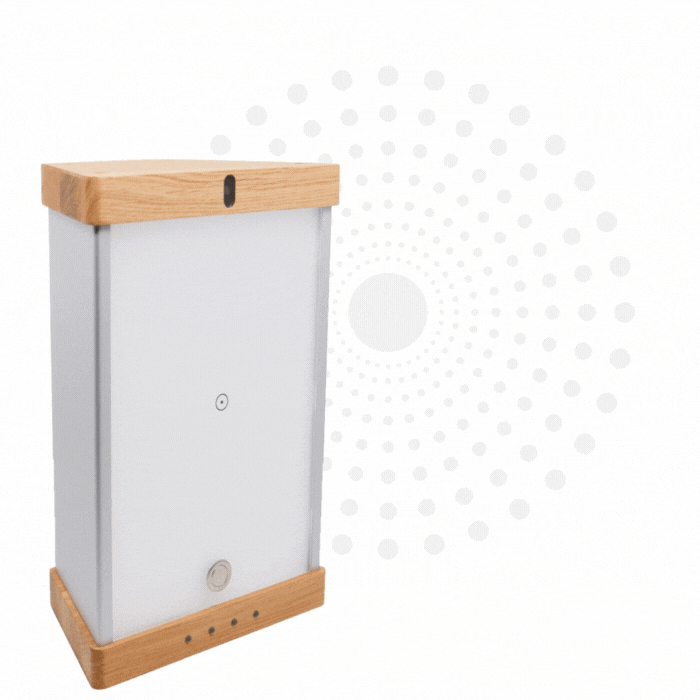
Enhance your brain performance through the power of light.
Comfortable and easy to use 40Hz light therapy to support and improve your brain function.
View Our LightWhat Kind of Music Stimulates the Brain?
There are many types of music that help stimulate the brain. However, personalized music therapy is more effective in reawakening cognitive function and memory in dementia patients. It ignites a part of the brain that has been dormant for a long time, as it involves music specifically selected to provide a personalized approach, leading to deep emotional sensations for the patient. Additionally, it facilitates emotional connections by reigniting past sensations, stimulating neurons in the brain, and activating cognitive engagement as the patient listens to familiar music.
Studies have shown that music therapy does indeed have a lasting impact on dementia patients. It has been associated with improvements in cognitive function, reduced agitated behavior, and increased social participation. Neuroimaging studies have also demonstrated changes in brain activity in dementia patients exposed to music therapy, particularly in areas related to memory, language, and emotion. Overall, research indicates that personalized music therapy improves the quality of life and helps delay the progression of the disease.
What Type of Active Music Is Best for People With Dementia?
- Familiar music: These are songs from the patient’s past, such as those from their youth, cultural background, or moments of strong memories.
- Upbeat and uplifting music: These are songs with a fast pace, lively rhythm, and positive tone.
- Calming and relaxing music: Slow-tempo melodies that soothe the ears, ranging from instrumental pieces to sounds of nature like waterfalls, promote states of calmness and relaxation, even aiding sleep.
- Personalized music: This is music that holds significant meaning for the individual.
We Believe Prioritizing Brain Health Enhances Your Quality Of Life
Get to know our team, our mission and how our EVY LIGHT® can provide you and your loved ones with a fuller life, letting you breathe a little easier.
What Is Personalized Music Therapy for Dementia?
Personalized music therapy for dementia focuses on the patient’s preferences and memories associated with certain songs or types of music. Personalized music is an individualized approach to music therapy that recognizes each person’s unique connections, preferences, memories, and emotional ties to music. It involves selecting specific music or genres that they are familiar with and tailoring them to assist with their cognitive function and emotional needs.
Cultural influences also play a significant role, as they encompass one’s ethnicity, nationality, language, cultural heritage, and family traditions. It is important to incorporate cultural relevance into music therapy because it resonates more deeply with people, provides a platform of respect, and validates their identity, language, and heritage for those suffering from the disease.
How to Use Music Therapy at Home for a Parent With Dementia?
To use music therapy at home for a parent with dementia, you need to understand and accept that every music therapy session is different. First, you need to understand the therapeutic benefits, which include stimulating cognitive function, encouraging social engagement, and facilitating emotional expression. Similar to using an LED therapy lamp, you must set realistic expectations that music therapy is not a cure but rather a preventive measure.
As a loved one or caregiver, you should actively participate in the therapy session by joining them to play musical instruments, sing, or simply listen to music together. This fosters better relationships and experiences while enhancing social interaction. Overall, a supportive environment should be created to promote feelings of calm and comfort, minimize distractions, and enhance the therapeutic experience.
There are many success stories where dementia patients, who experienced agitation and anxiety in the evening, were introduced to personalized music therapy at home. Over time, there was a decrease in agitation, and the patients became more calm and relaxed during the music sessions. This helped improve their overall mood and quality of sleep. With proper guidelines for home-based sessions, caregivers can effectively support their loved ones suffering from dementia.
Is Music Therapy for Dementia Used in Care Homes?
Music therapy is commonly used in care homes as part of their dementia care program. It is integrated into the program as one of the non-invasive methods to assist with cognitive, emotional, and social well-being. Collaborating with a music therapist, an individualized plan is designed for dementia residents. These sessions are conducted either in a group or one-on-one, depending on the goals and preferences of the residents. In a group session, there is room for more social interaction, whereas in an individual setting, the focus is on emotional well-being. This approach incorporates a sensory approach, focusing on visual, auditory, and tactile stimuli.
Care homes have noticed that residents who participate in weekly music therapy show increased engagement and an improved mood. Their loved ones and caregivers have also observed a better quality of life.
- Drum circle therapy: Involves group drumming activities where residents play hand drums or percussion instruments, promoting motor coordination and social interaction.
- Rhythmic movement therapy: Activities such as dancing and clapping that stimulate physical activity.
- Body percussion exercises: Using the body as an instrument by tapping or clapping different parts, enhancing cognitive stimulation and promoting sensory function.
Can Music Therapy Help Late-Stage Dementia Patients?
Though not as beneficial as in earlier stages, music therapy can still be helpful for late-stage dementia patients. The tailored approach, focusing on sensory stimuli in a non-verbal manner, is best suited for them. It stimulates sensory responses by engaging tactile, visual, and auditory senses through gentle touches, soft music, and colorful aids. Non-verbal communication, such as gestures, body language, and facial expressions, helps elicit responses in dementia patients. Additionally, simple activities like singing or listening to familiar songs repeatedly can make the experience more enjoyable. Using visual aids during music interactions encourages participation and engagement. Music therapy has been shown to reduce agitation, mood swings, and improve emotional expression over time, promoting mental well-being and enhancing the quality of life for late-stage dementia patients.
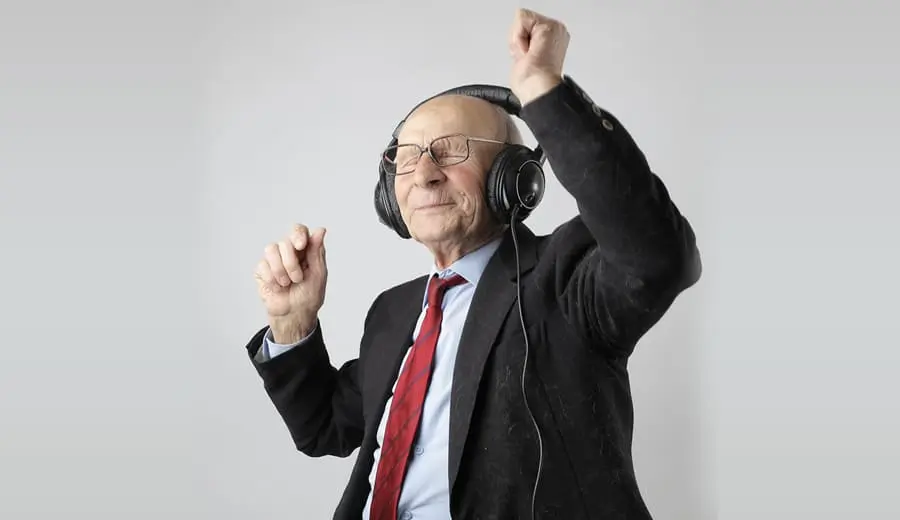
How Does Musical Therapy for Dementia Improves Quality of Life?
Music therapy improves the quality of life for dementia patients by enhancing their cognitive abilities. It stimulates cognitive function, leading to improved memory, focus, and attention among those who engage in it. Music therapy also challenges executive functions such as planning and problem-solving skills. Overall, it plays a significant role in regulating emotions, eliciting feelings of joy and relaxation while reducing signs of depression and agitation. Moreover, it fosters social interaction through shared musical experiences and promotes motor coordination. Additionally, music therapy honors individuals by acknowledging their cultural music, language, and heritage, making them feel accepted and recognized. Lastly, improved communication skills are evident as their emotions and needs become more visible to their loved ones.
Learn What Others Have Experienced with EVY Light
See how others have achieved a sharper mind by activating their gamma brainwaves in combination with maintaining a healthy lifestyle.
Frequently Asked Questions About Music Therapy for Dementia
What Is Music Therapy for Dementia?
What Type of Active Music Is Best for People With Dementia?
- Familiar music: These are songs from the patient’s past, such as those from their youth, cultural background, or moments of strong memories.
- Upbeat and uplifting music: These are songs with a fast pace, lively rhythm, and positive tone.
- Calming and relaxing music: Slow-tempo melodies that soothe the ears, ranging from instrumental pieces to sounds of nature like waterfalls, promote states of calmness and relaxation, even aiding sleep.
- Personalized music: This is music that holds significant meaning for the individual.









